Choose a medical supply company with hands-on Registered Dietitians!
Shield HealthCare pioneered an Enteral Nutrition Support Program (ENSP) in 2004 by hiring a team of clinically-trained registered dietitians. This was quite a new direction, given that most patients were being filtered through the same routine: the G-tube was placed, patients were discharged at home with little or no training and pump supplies arrived. The home health nurse or caregiver became responsible for setting up the equipment and figuring out how to use it. Quality care requires a multi-disciplinary team, along with quality service and products at home.
In a May 2011 issue of the Journal of Parenteral and Enteral Nutrition, researchers showed that implementation of home enteral tube feeding and care by a nutrition team signifcantly reduced the number of hospital admissions, as well as the length of hospital and ICU stays. As a result, mean annual costs of hospitalization went from $764.65 to $142.66. Home nutrition support is up to 75% more cost-effective than prolonged therapy in hospitals or nursing homes, with savings between $3,100 and $4,200 per patient. Specialized nutrition support with standard enteral nutrition formulas produces signifcant improvements in clinical endpoints, and cost-savings for the healthcare system. Now is the time to utilize Shield’s group of expert registered dietitians!
Test Your Knowledge of Tube Feeding:
1. How high should the head of the bed be positioned during your patient’s feeding?
2. What is the preferred fluid to be used for flushing a feeding tube?
3. True or false: Medication should be administered separately from formula.
4. How often should a feeding bag be changed?
NEW Enteral Backpack at Shield HealthCare!
Shield HealthCare now provides an attractive carrying backpack with every ambulatory feeding pump!
This backpack was designed and manufactured exclusively for Shield customers to keep your ambulatory patients on the go!
Tube Feeding Quiz Answers:
1. 30-45 degrees 2. Water 3. True 4. Daily
Healthy at Home- Keeping Your Formula Cool
Keeping enteral formula cool during the hot summer months is as important as staying hydrated. Enteral formulas contain various macro and micronutrients that may be altered when exposed to high temperatures.
• Hang opened formula at room temperature (<77 degrees F) for up to 12 hours
• Store opened containers in the refrigerator for up to 24 hours
• Pour only the amount that you will use within the recommended time frame
• Keep enteral formula out of direct sunlight
• Wrap ice packs around the tube feeding bag to keep formula cool when temperatures rise
• Check the manufacturer’s label for specific recommendations
Introducing “Ask the Shield HealthCare Dietitian” on Facebook!
Whether you’re looking for nutrition advice about a medical condition, tube feeding or how to read a nutrition label, Shield HealthCare’s Registered Dietitians have the answers. Visit us on Facebook and post your nutrition questions on the discussion page. One of our expert dietitians will answer it!
Shield RD’s Use Sound Clinical Judgment To Care For Patients
While a Shield HealthCare RD was completing an enteral pump training in a patient’s home, the patient’s daughter mentioned that her mother’s blood sugars were high. When asked how high, she responded, “518.” The RD stopped the pump training immediately and made sure that the patient was responsive. She then called the physician, who directed the daughter to administer insulin immediately and prescribed fast-acting insulin to better control the blood glucose. The RD called the home health RN to inform her of the situation and to schedule a home visit. When the situation became stable, the Shield RD resumed the pump training with the patient’s daughter. The RD called to check on them every day for two weeks. The patient was tolerating the feeding well. With the help of the physician, her blood sugars are stabilizing.
The Shield Enteral Nutrition Support Program (ENSP) Advantage:
• Pump setup within 4 hours of discharge in most cases
• Expert RDs in all areas we serve
• Direct dietitian-physician communication
• Wellness checks and quarterly nutrition screenings
• Clinical and nutrition in-services for your staff
• Fewer hospital visits for your patients
This issue brought to you by Shield HealthCare Registered Dietitians:
Wendy Arnold, RD Amy Long Carrera,MS, RD, CNSC Rachel Davis, MS, RD, CSP, LD Lisa Marchini, RD Sara Swindle, MS, RD

















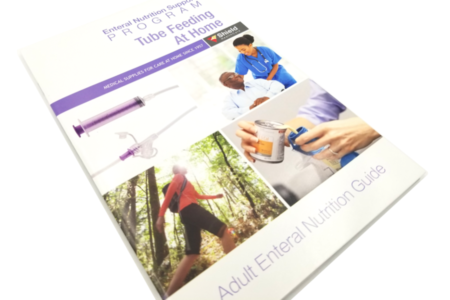
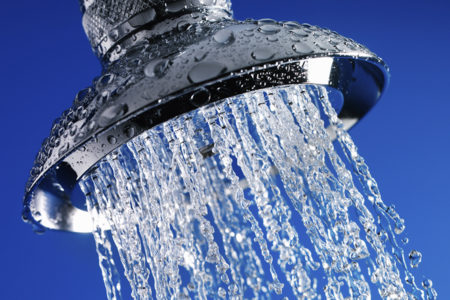
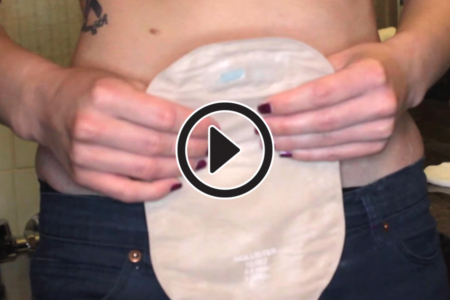
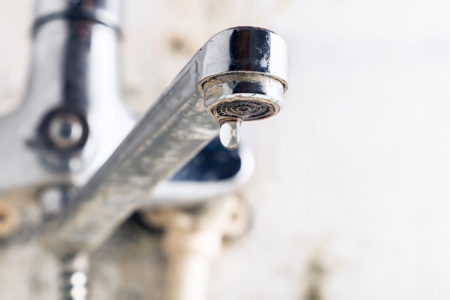


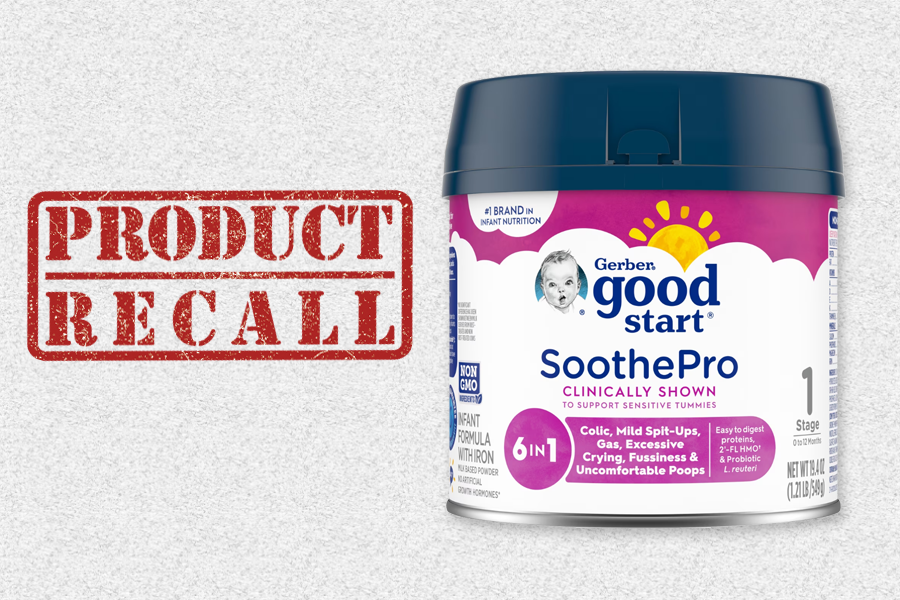





I like the program and you are good with the clients.